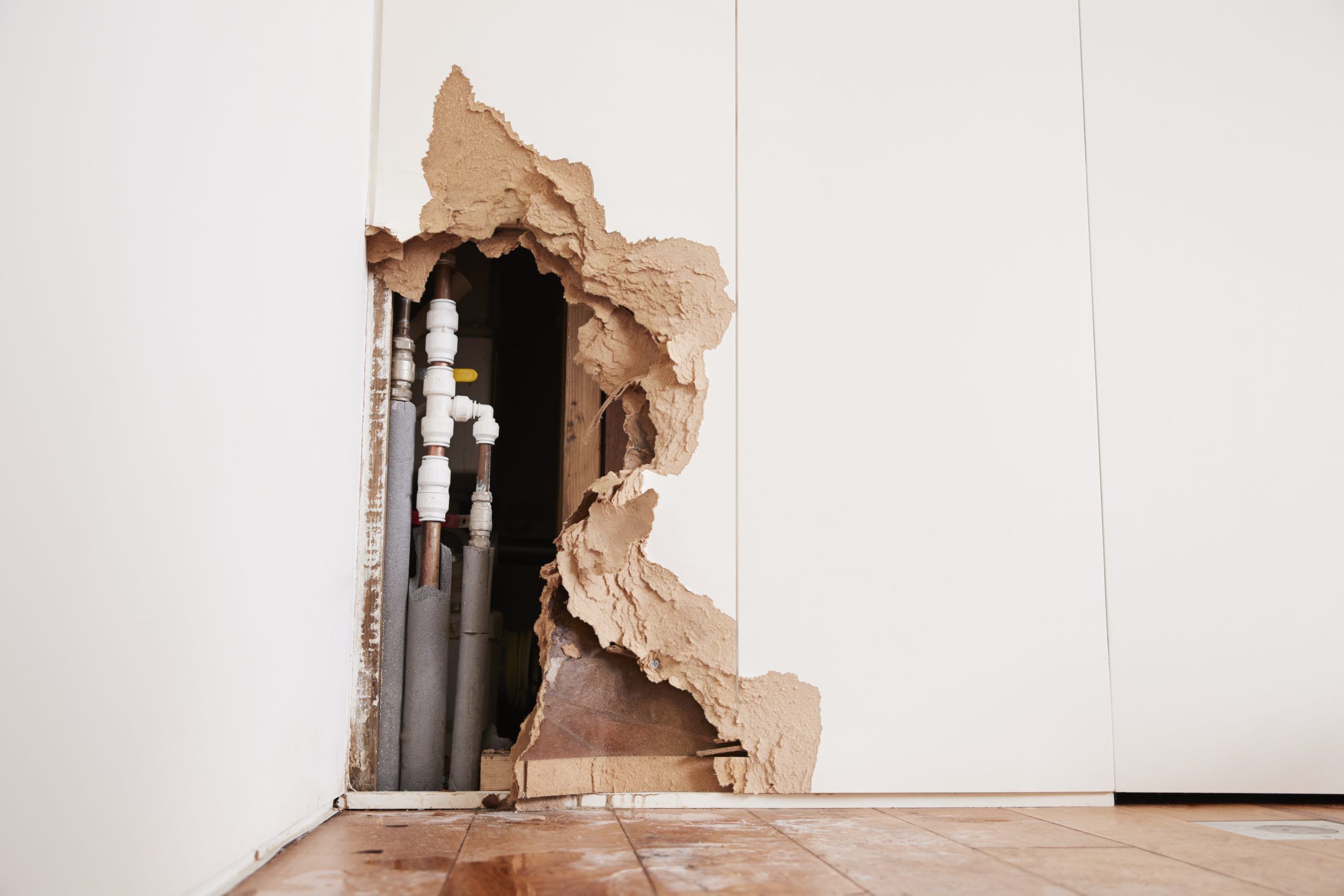
How to Claim Home Damages from Your Insurer
Fecha: 2025-04-08
Have you had a leak, a burst pipe, or flooding at home? Has your ceiling, appliances, or furniture been damaged by an unexpected incident? If you have home insurance, you can likely receive compensation — but it all depends on how you manage the claim.
This guide explains step by step how to claim home damages, what mistakes to avoid, what documentation you need, and what to do if the insurer refuses to pay or covers less than it should.
What Does Home Insurance Cover?
Most policies include:
Water damage (leaks, pipe bursts, seepage)
Fires and explosions
Theft or vandalism
Weather-related damage (hail, wind, rain)
Electrical damage or appliance failure
Civil liability (if third parties are affected)
Tip: Review your policy carefully and confirm coverage. Many denials are due to lack of knowledge or detail.
Steps to Claim Home Damages
Notify the insurer immediately You have 7 days (unless otherwise stated) to notify your insurer by phone, app, or email.
Take photos and gather evidence Collect:
Detailed photos and videos
Repair estimates or invoices
The clearer your evidence, the harder it is for the insurer to dispute your claim.
- Request the claim form Fill in the official claim report, describing:
What happened
What was damaged
When it occurred
If professionals intervened
- Receive the adjuster The insurer’s expert will assess the damage.
During the visit:
Be present and explain everything
Show photos and invoices
Request that all details be recorded
After the assessment:
Accept: sign and receive payment if you agree
Disagree: request a counter-appraisal if the amount is unfair
If the Insurer Refuses or Underpays
Hire an independent expert to issue a counter-report
File a written complaint to customer service (they have 2 months to respond)
Escalate to:
Directorate-General for Insurance
Insurance Ombudsman (if available)
Professionals like MataSeguros
What Can You Claim?
Depending on the damage and policy:
Repair or replacement of damaged property
Financial compensation if irreparable
Additional expenses (temporary housing, transport, cleaning)
Third-party damages
Remember: Keep all invoices and receipts — without proof, there is no payout.
Common Mistakes to Avoid
Not notifying on time
Cleaning or repairing before documenting
Not accompanying the adjuster
Signing without reviewing the proposal
Not reviewing your policy first
Need Help?
At MataSeguros, we help you:
Review your case
Negotiate with the insurer
Obtain the compensation you truly deserve
We only get paid if you do.
Conclusion
Claiming home damages doesn’t have to be complicated but requires quick action, solid documentation, and defending your rights. Don’t let a poor assessment cost you money — and if you need help, we’re here to support you.